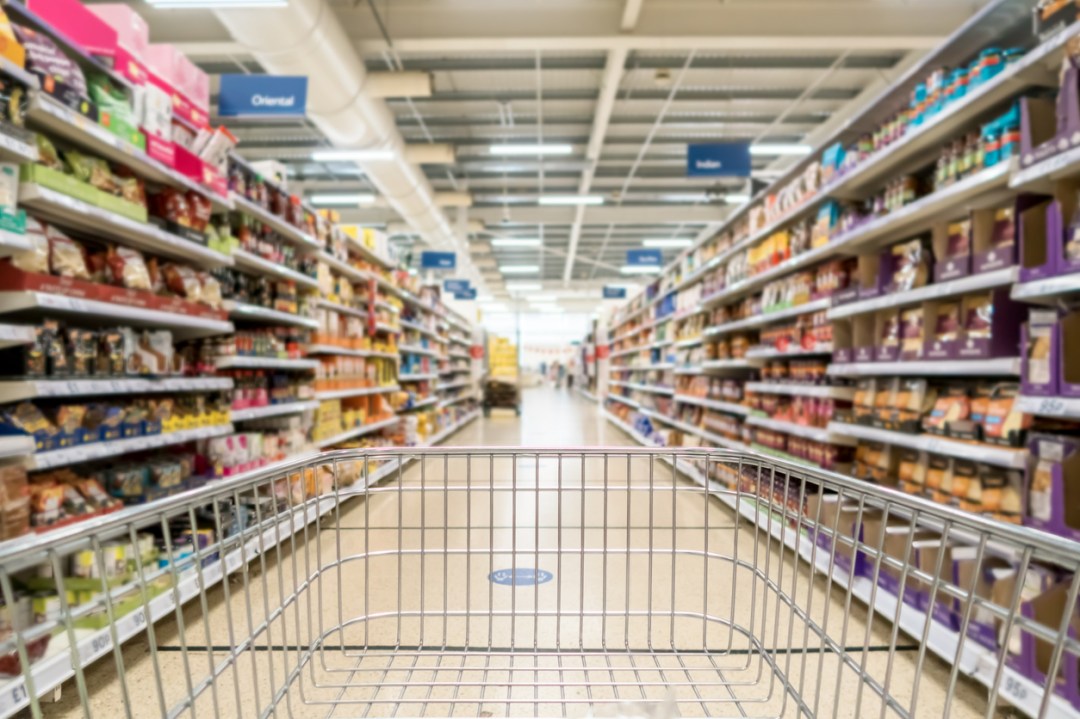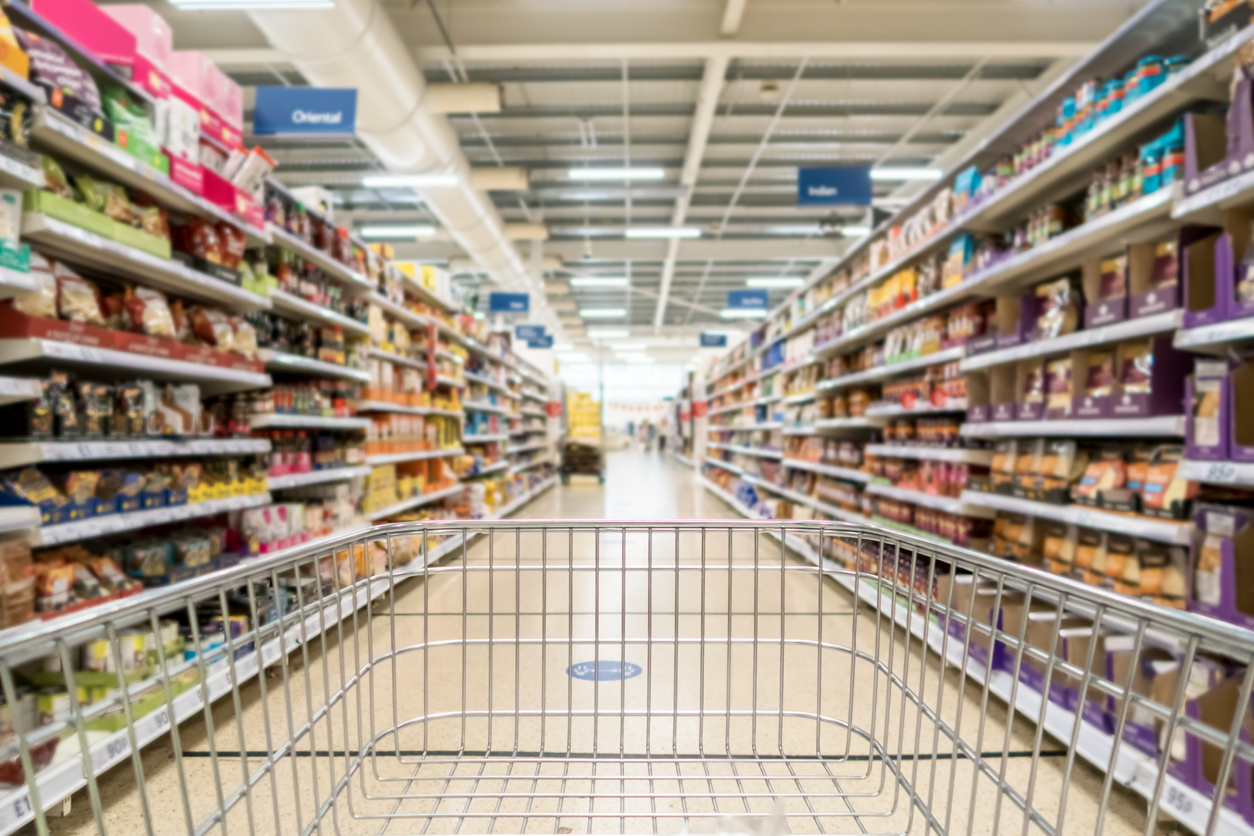Supermarkets are once again back in the firing line. Henry Dimbleby, the Leon co-founder turned government food tsar, has blamed the current food shortages on their ‘weird culture’. When food is scarce UK supermarkets won’t raise their prices, he claimed. It leads to growers selling less here and more in Europe, exacerbating shortages.
He wasn’t alone in blaming supermarkets. Last month, in an attempt to absolve the government of blame, food and farming minister Mark Spencer demanded the heads of big chains join him for a discussion on ‘what they are doing to get shelves stocked again.’ In the end, only middle-management showed up.
The average supermarket stocks 20,000 items with around 40 types of vegetables on the shelves. Over 1.1 million people work in food retailing, and weekly sales across British food stores typically stand at around £3.1 billion. Brits spend around two hours per week on average in the supermarket. Do any of them pause to consider the spontaneous and voluntary collaboration between millions of people, almost all of whom they will never meet, that make this shop possible? Supermarkets are the final link in a long chain of intermediaries that connect growers and consumers. It is so rare that this chain is chinked that, when it does occur, it becomes front-page news.
Dimbleby believes part of the problem lies in a lack of competition in the industry. It’s a criticism that has plagued the sector for years, but ignores recent reports that Aldi’s market share has reached a new record, hitting 9.2 per cent in the month to 22 January. For two decades, Britain’s supermarket industry was led by the Tesco, Sainsbury’s, Asda and Morrisons quartet. Then Aldi and Lidl entered the fray, putting pay to suggestions that the sector is an impenetrable oligopoly.
There is competition between supermarkets, and the beneficiaries have been the consumers: food bills now make up just 11 per cent of the average household budget. Price monitoring of the same eight essential items over the past few months has revealed constant fluctuations between rival stores.
But the criticisms keep coming. Dimbleby appears to believe, as well, that low prices are the problem. Yet it is price gouging which is now in the spotlight. During the pandemic, the Competition and Markets Authority investigated businesses charging ‘unfair’ prices for hand sanitiser and was contemplating US-style legislation (where goods and services cannot be sold for a price that is ‘unconsciouably excessive’). Now, we are being warned of companies ‘jacking up’ their prices ‘even as broader cost pressures ease off.’ For many supermarkets, however, the rise in food commodity prices due to a lack of agricultural inputs has yet to abate. Yes, some have experienced marginal increases in profits, but it’s just that: marginal. We should avoid reading too much into this.
Advocates of food price caps and other regulations misunderstand how the market operates. That supermarkets charge more for goods in high demand and cut prices when it is low should not worry us: it is this behaviour which keeps employees in jobs and businesses above water. High profits should be attacked if they result from excessive market power – but this isn’t the case in the supermarket sector. If stores didn’t raise prices when there was high demand, there would be no incentive to economise. We’d be queuing for milk in the way citizens did for bread in the USSR.
It seems, then, that supermarkets cannot win. When they lower prices on alcoholic drinks, they’re encouraging binging. When they stock a wide variety of produce, including ice cream or frozen pizza, they’re blamed for the obesity ‘epidemic’. When they offer deals on cheap meat during a cost-of-living crisis, they’re accused of ‘bombarding’ shoppers and environmental damage. And when they raise prices, the left demand price controls.
There’s a section of the chattering classes who recoil at the idea of cheap and cheerful out-of-town superstores. They’re the same bunch who wanted avocados and honey to be spared from the ‘junk’ food advertising ban, even though the former is as high in fat and the latter in sugar as many of the other products on the list.
What these people don’t seem to grasp is that there’s a reason we have supermarkets. They offer choice, convenience and low prices. They’re one of the UK’s greatest success stories and don’t deserve the constant drip, drip of spurious complaints.







Comments